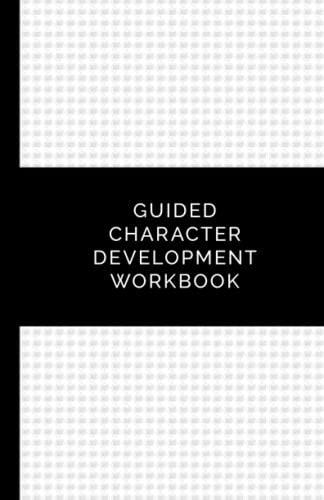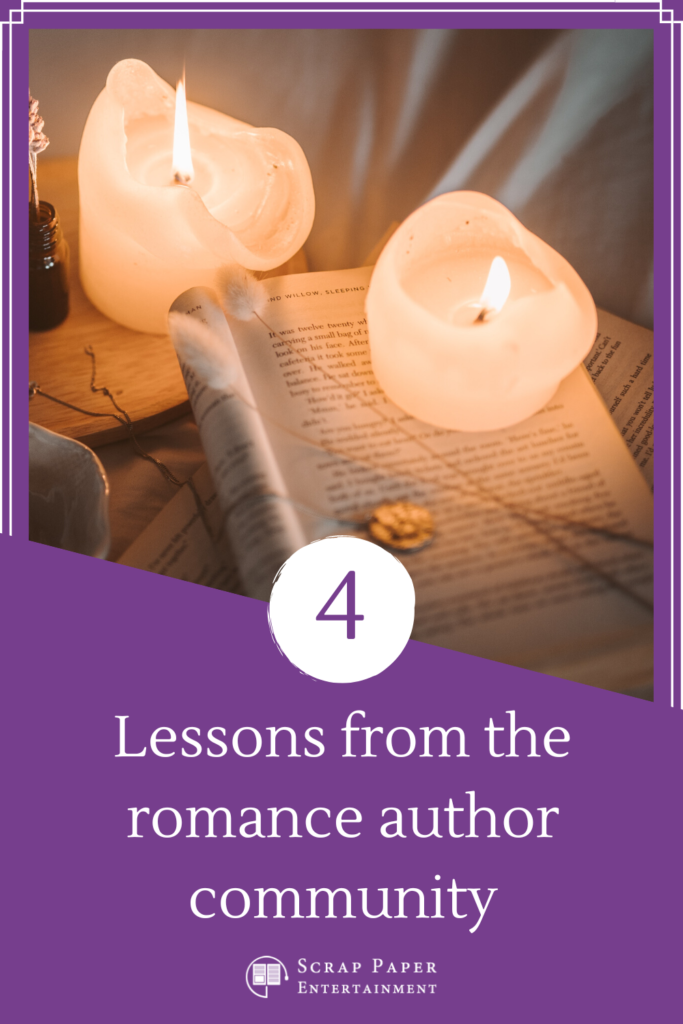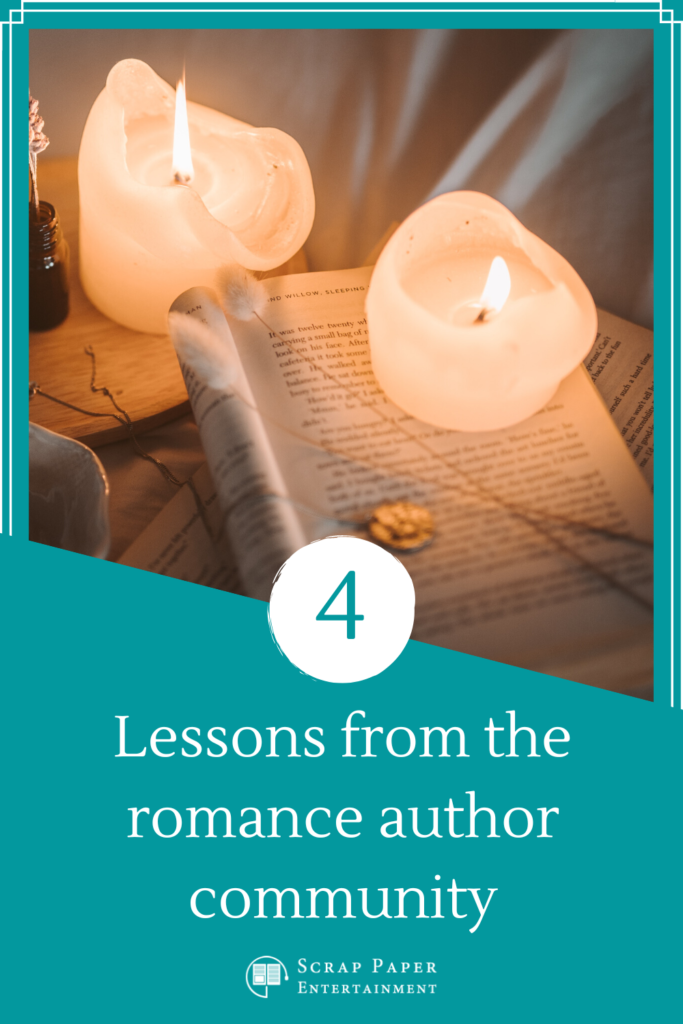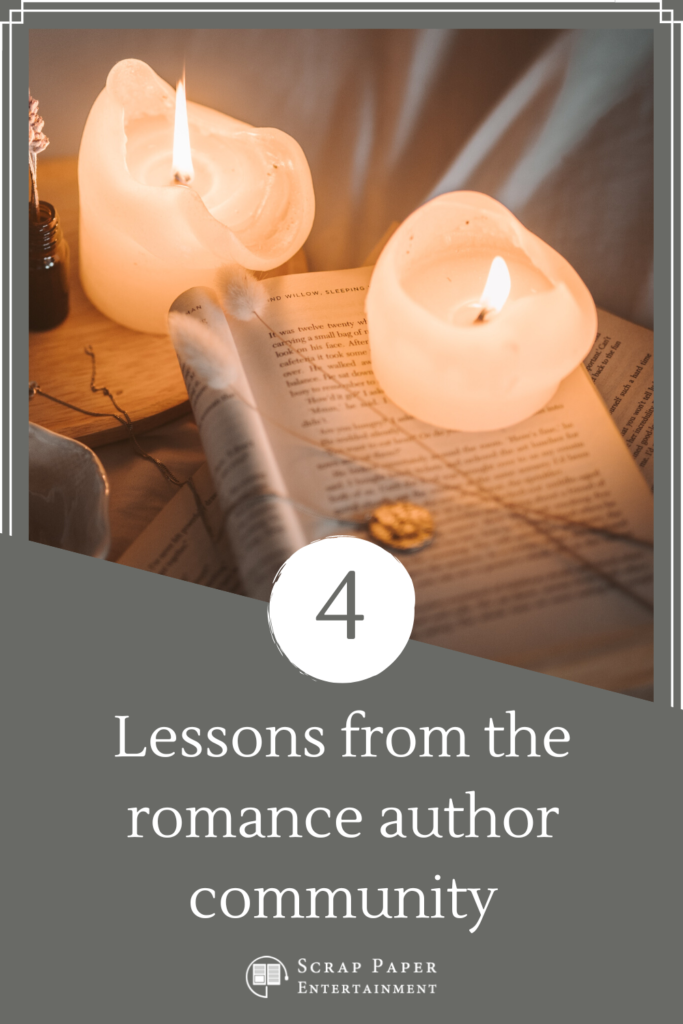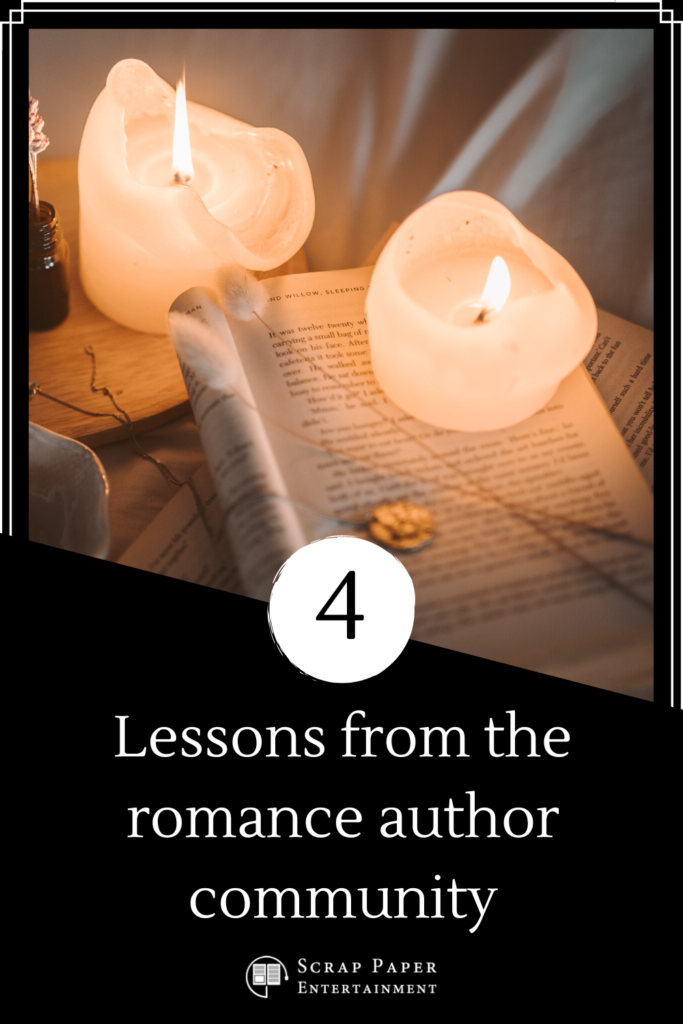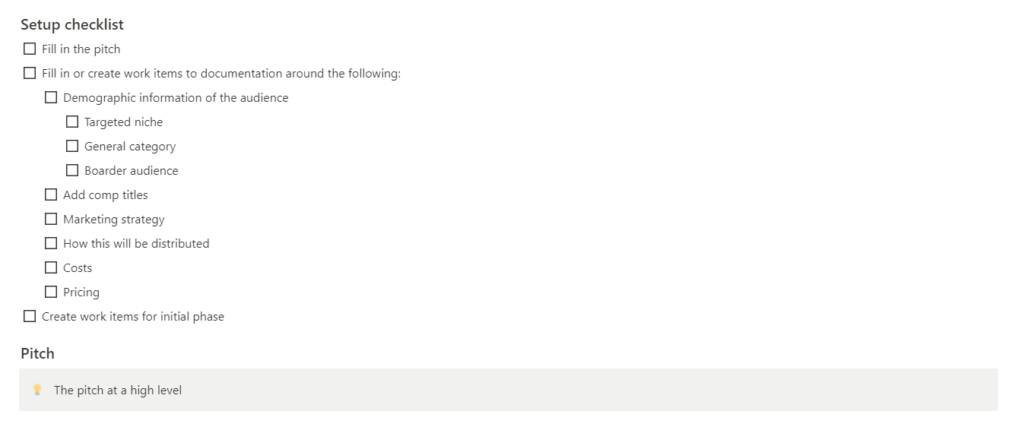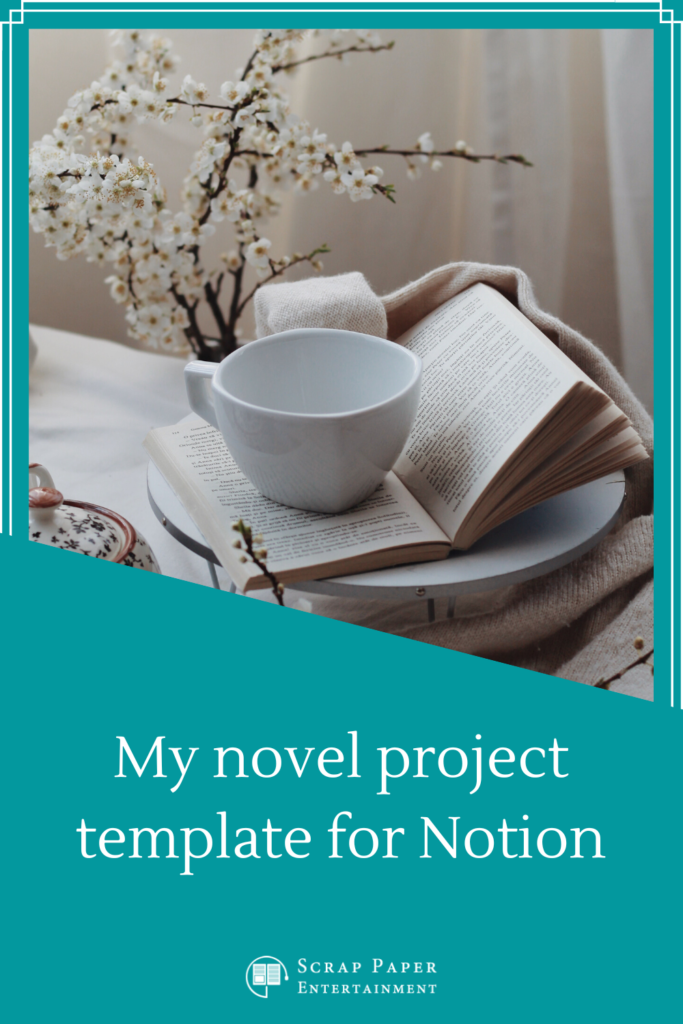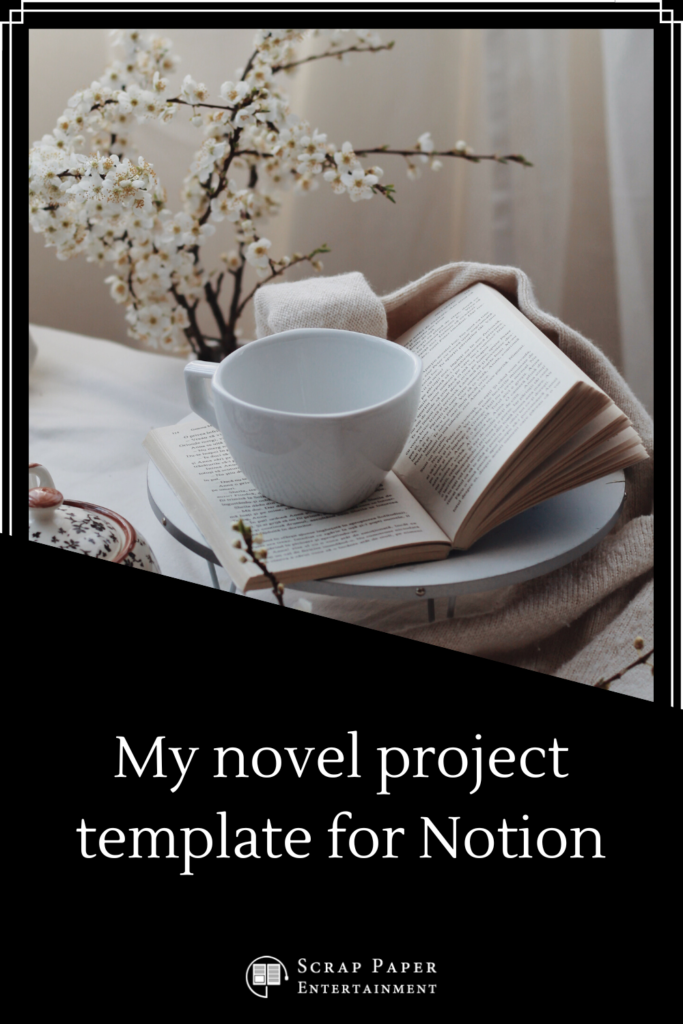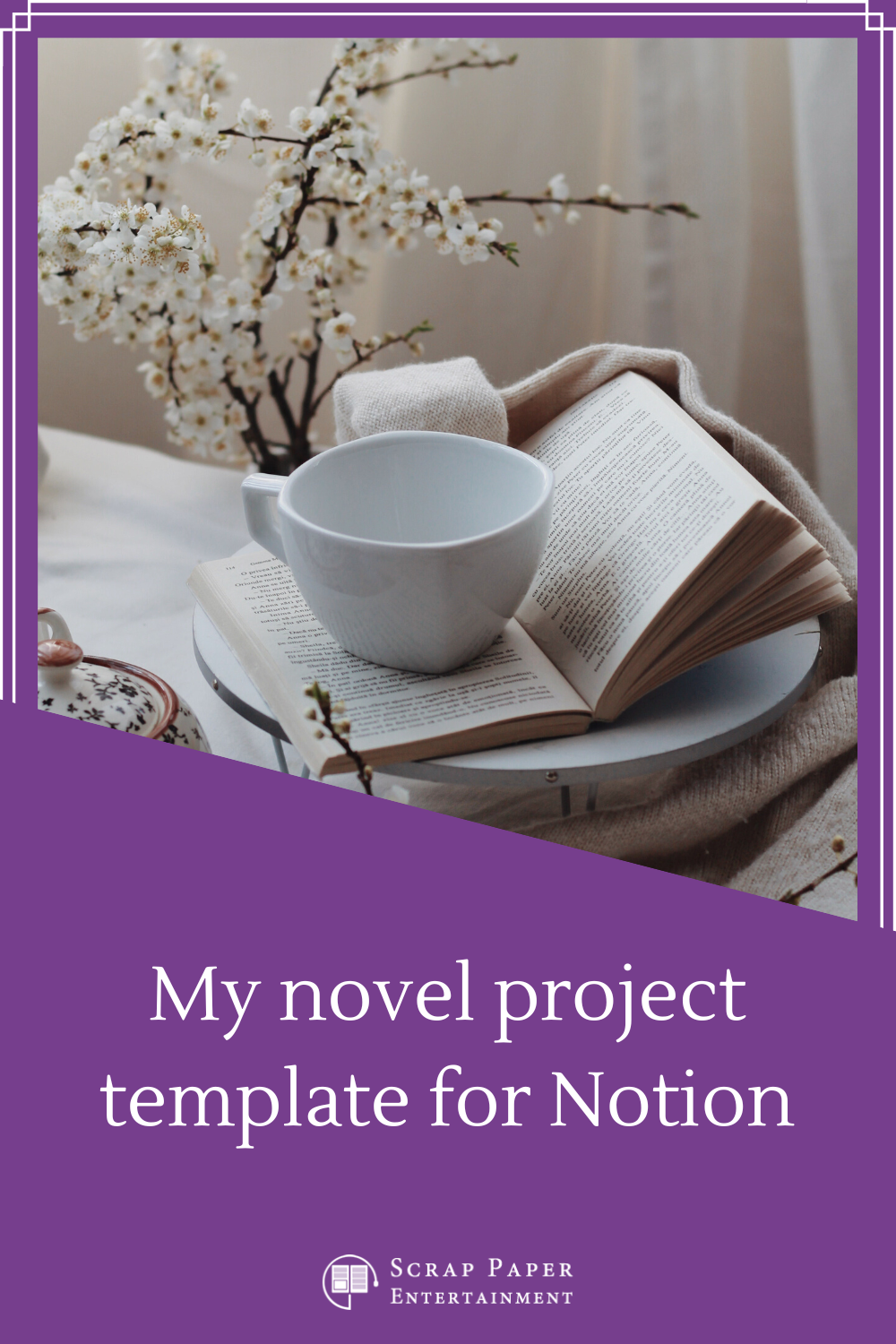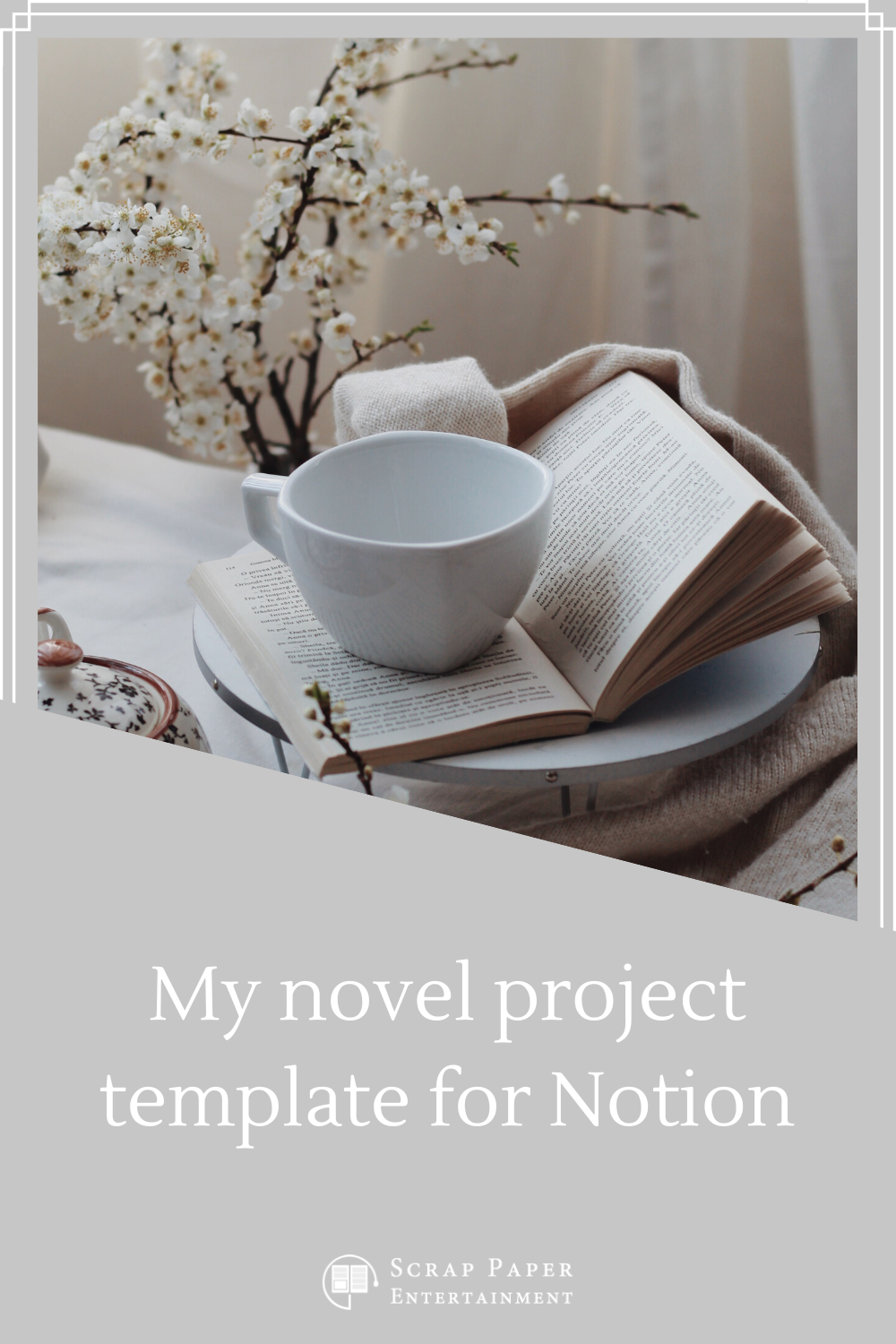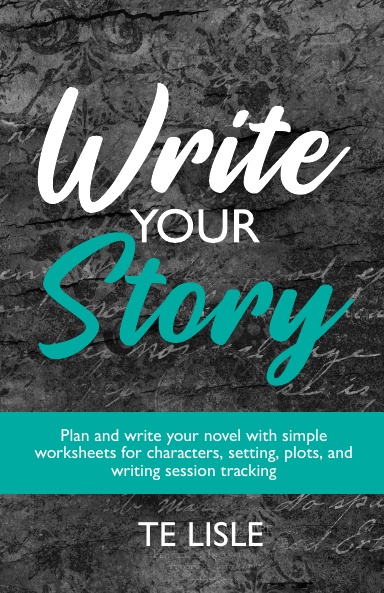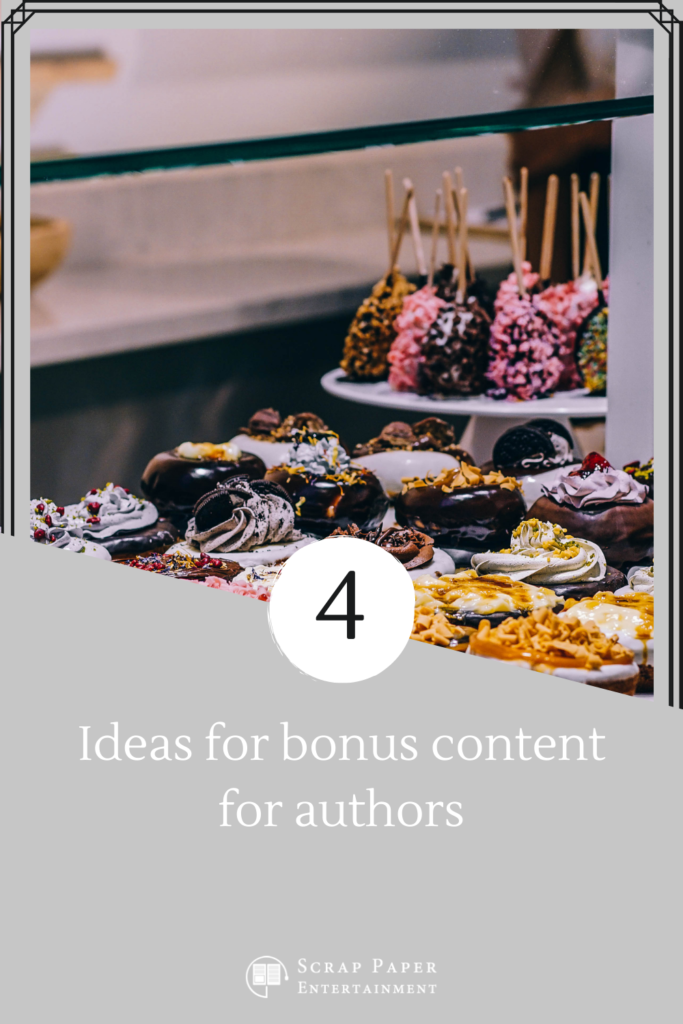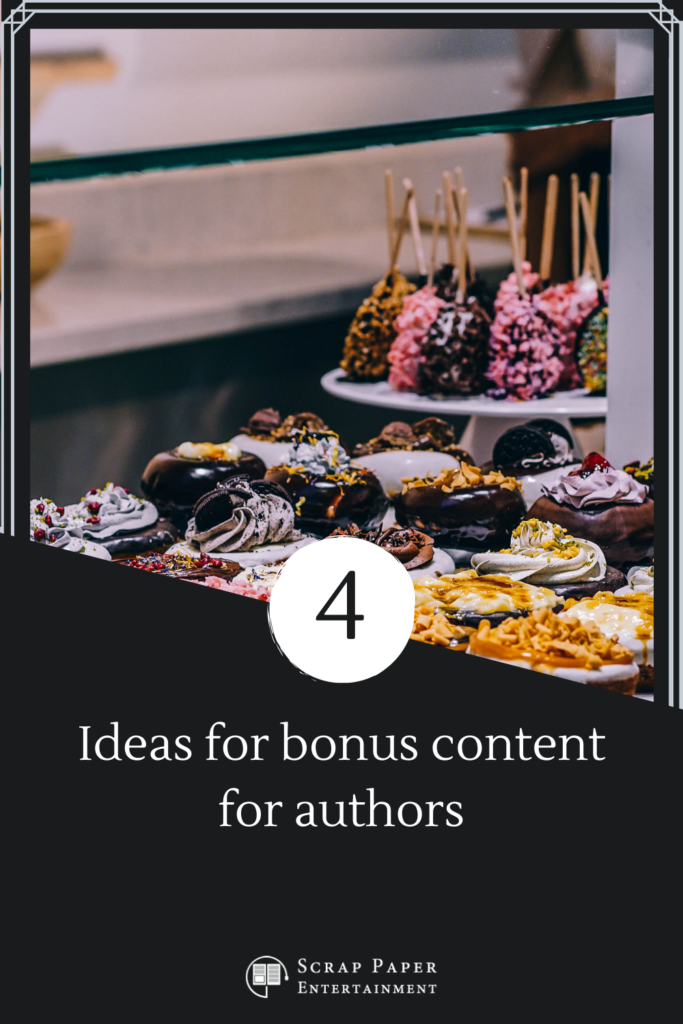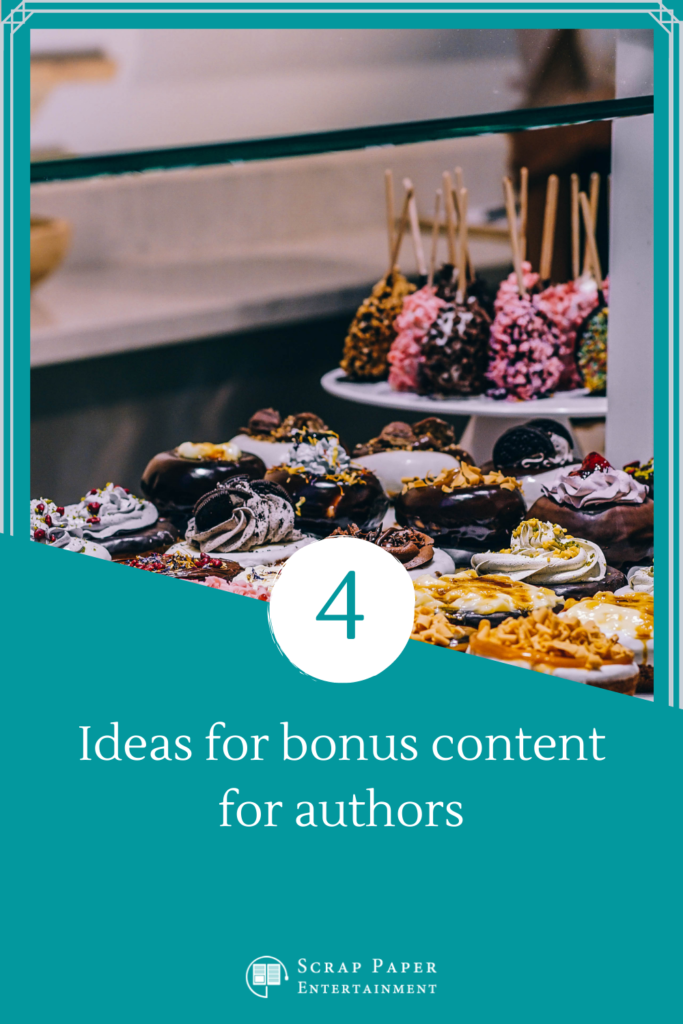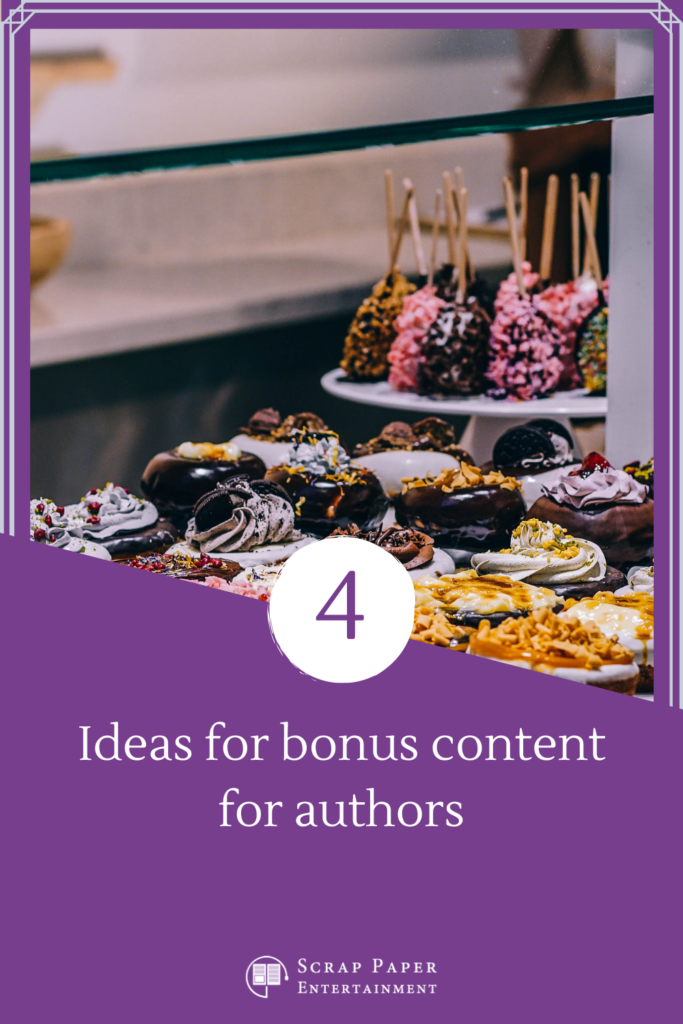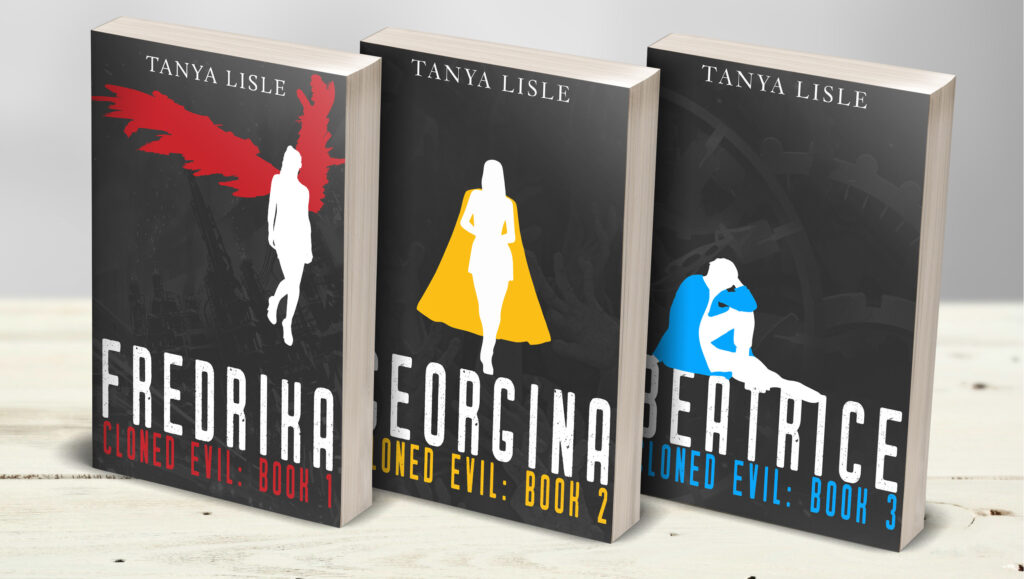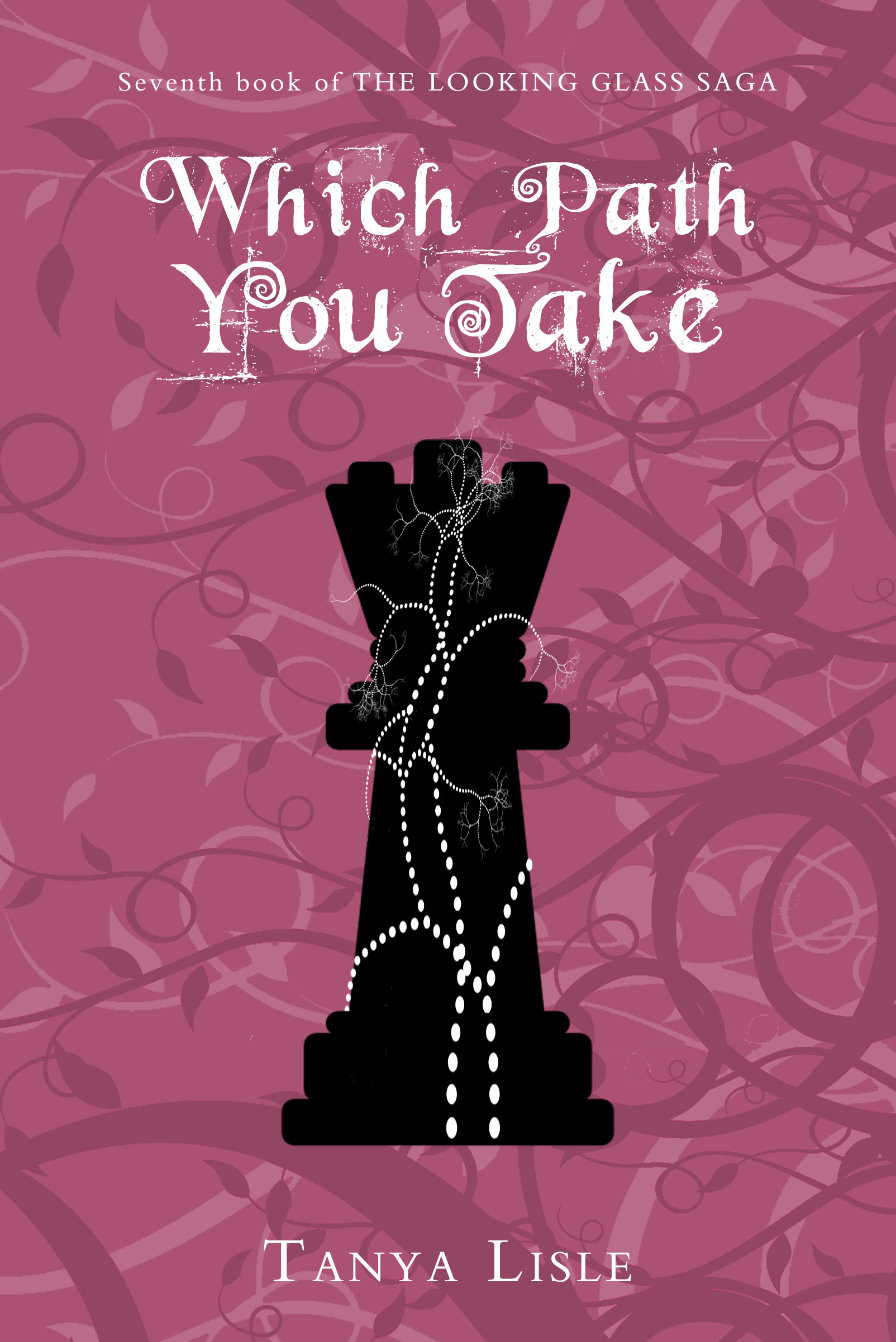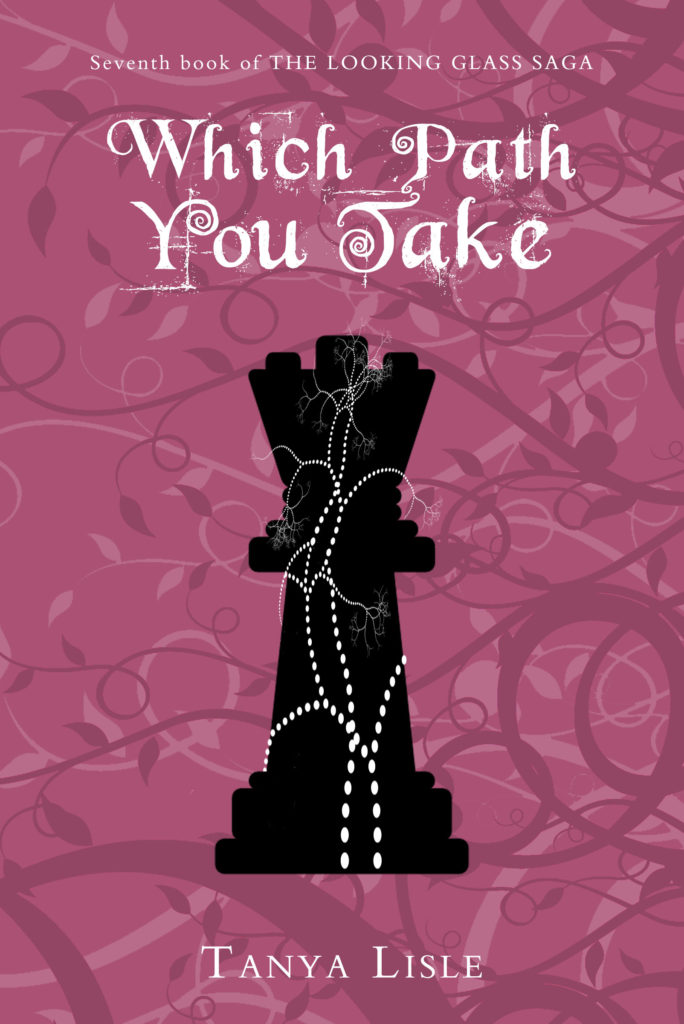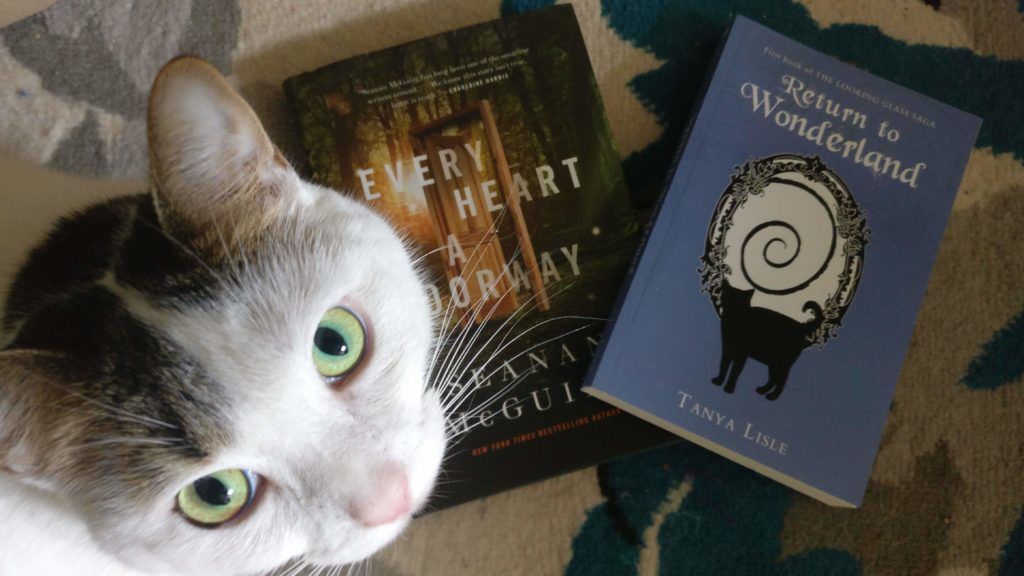It’s important for most people to make sure they are not reliant on only one income stream, and authors are no different. If any of the retailers you rely on decides to shut down or change their policies in any way that’s not ideal, it is good to have another source of income to fall back on.
Merchandise
Creating merchandise around your books has a few benefits. First, it means that you are giving your fans something that they can get to show off their favourite books and author. It also means that you, as the author, have something that you can use in giveaways and to promote your books! And, of course, having all of this available in an online shop can create another income stream for authors.
You can use something like Redbubble, Art of Where, or Society6, which will handle creating and shipping the products if you don’t want to keep those items yourself.
Beta/Editing/Proofing services
If you’ve been writing and managing a lot of your own editing for a while, you could start offering your services helping other authors refine their books. This does depend on where you think your skills are the strongest, but you could offer your services as a paid beta reader, an editor, or a proof reader that helps other authors get their books ready for publication.
Coaching or teaching
Self publishing is very overwhelming for people who are just getting into it. Many successful ((As well as not so successful)) authors offer services that help new authors walk through the process of publishing and marketing their first book. If you can spare the time, you could sell your expertise to authors who are early in their process and help them get their career started on the right track.
If you don’t want to offer one on one sessions, there is always the option of creating classes! You can create and sell a course where you can teach a group of people, or even pre-record several classes that you can then give to anyone who is looking for help.
Alternate formats
If you have already published a book in ebook format, you can expand into other formats with the same content. Paperbacks and audiobooks are very popular, and will reach a different audience than just the ebooks. If you have artistic skills, you could also look into creating comics or other visual mediums as well!
Articles
If you are knowledgeable in a topic, you can write articles for sites like Medium, where you can get paid for your work. You can use this as a way to direct people to other ways to find you and to your books if the articles are related as well! It’s better to do this on a site that will offer you a payment structure rather than your own blog, since it will be more discoverable.
Copywriting/Ghostwriting
Writing text for other people can be a great way to earn some extra money, and give you a chance to write something else. Whether this is a whole other book for someone else, or just a few articles about a topic that you have some knowledge on, writing for someone else on contract can be a nice, stable way to generate more income.
